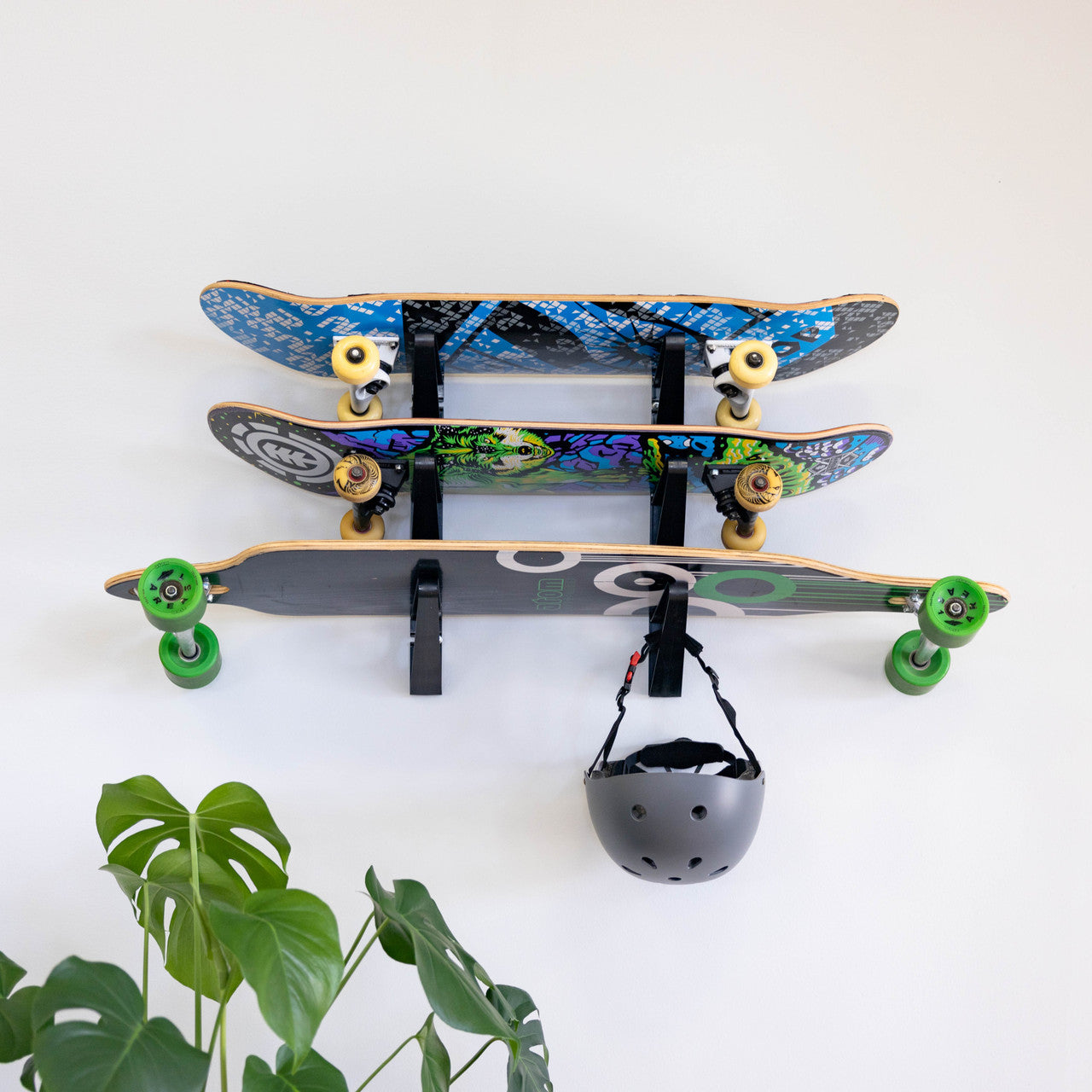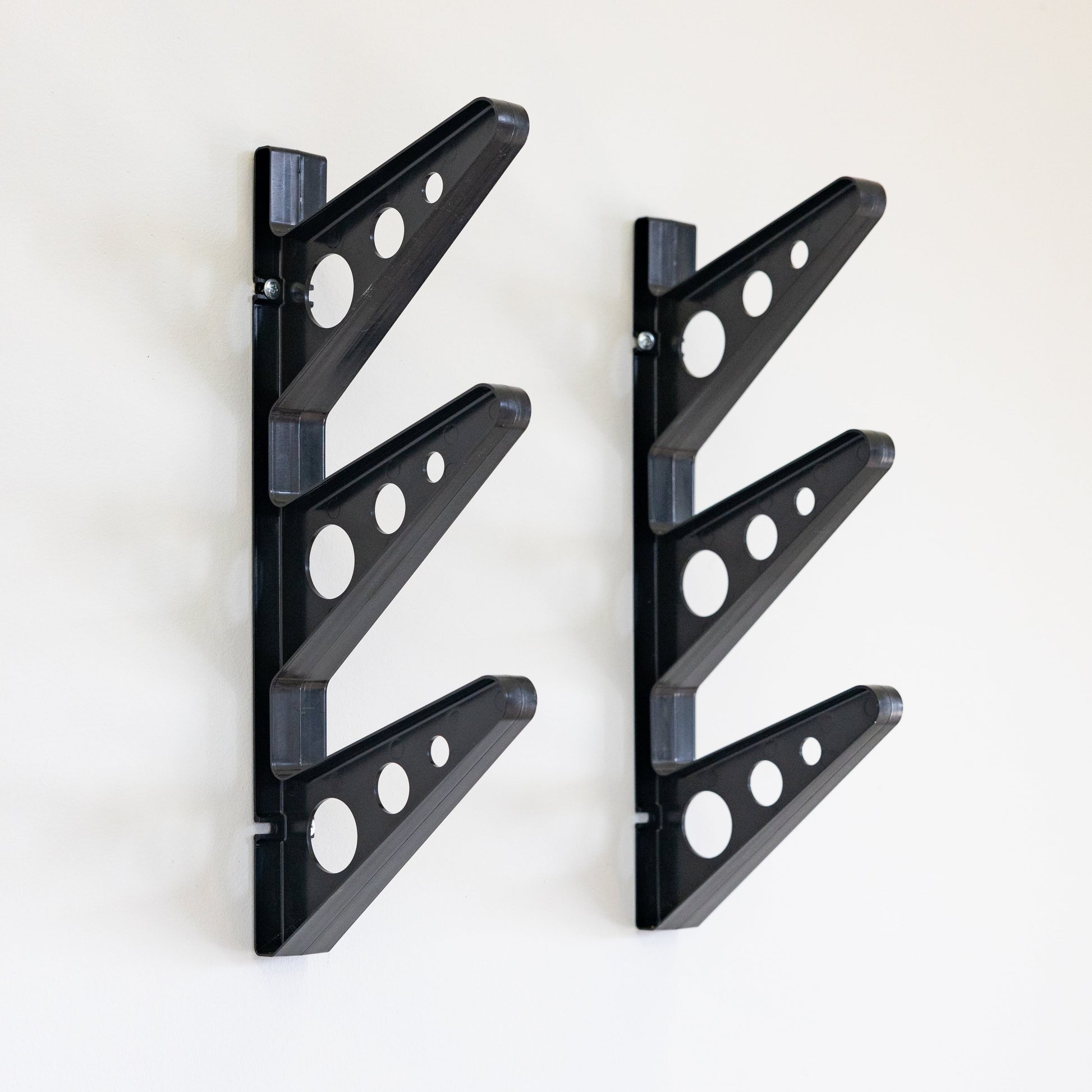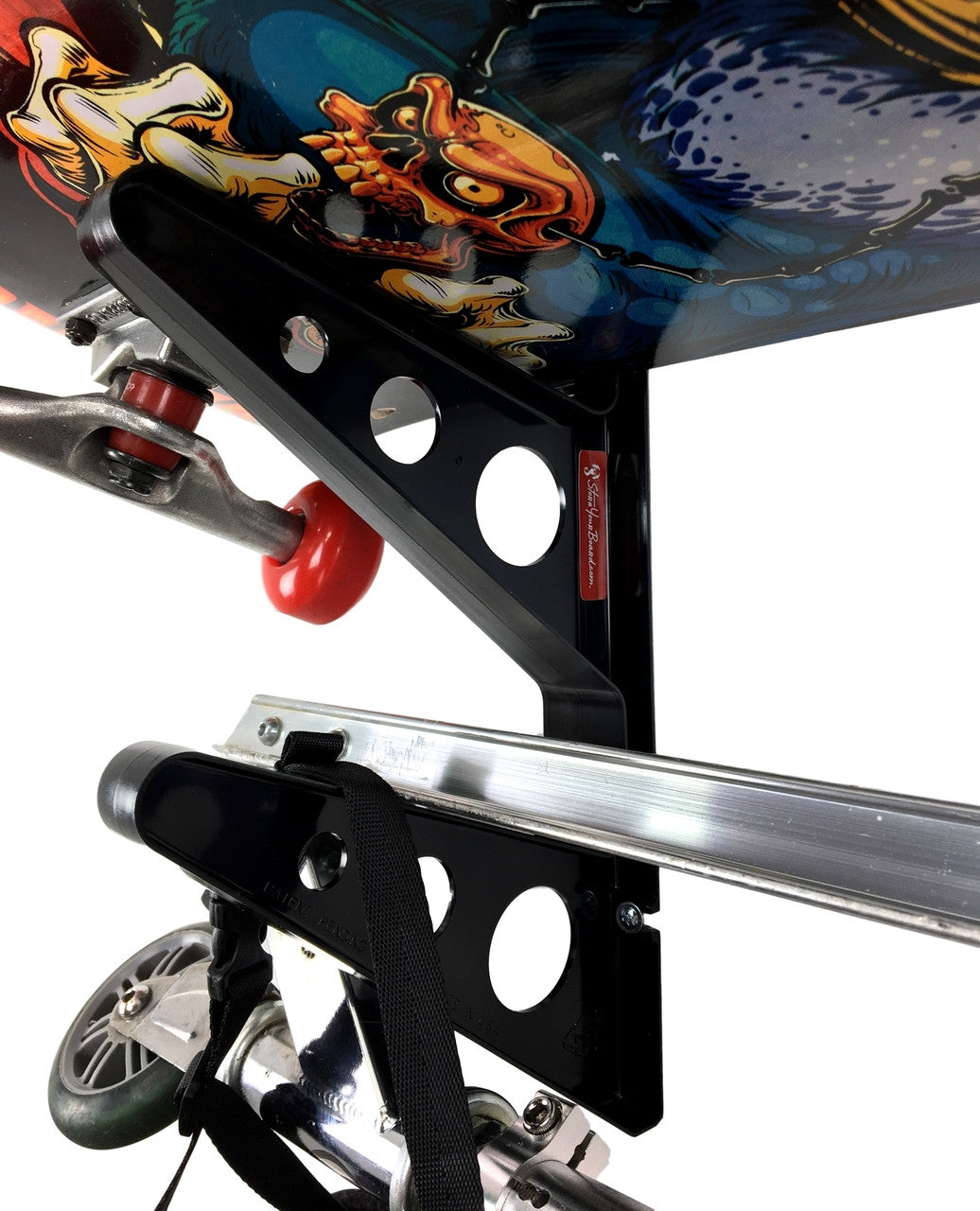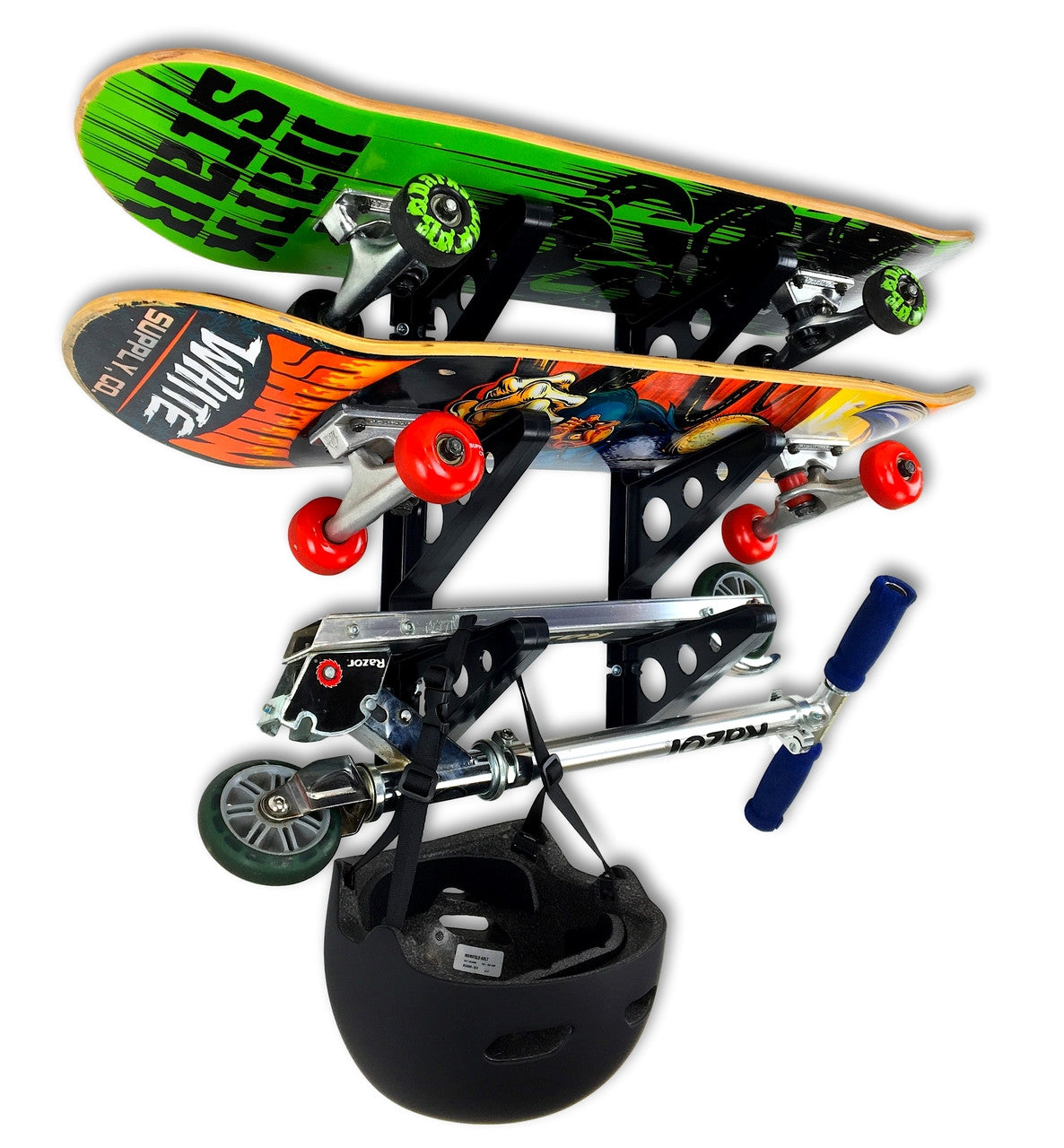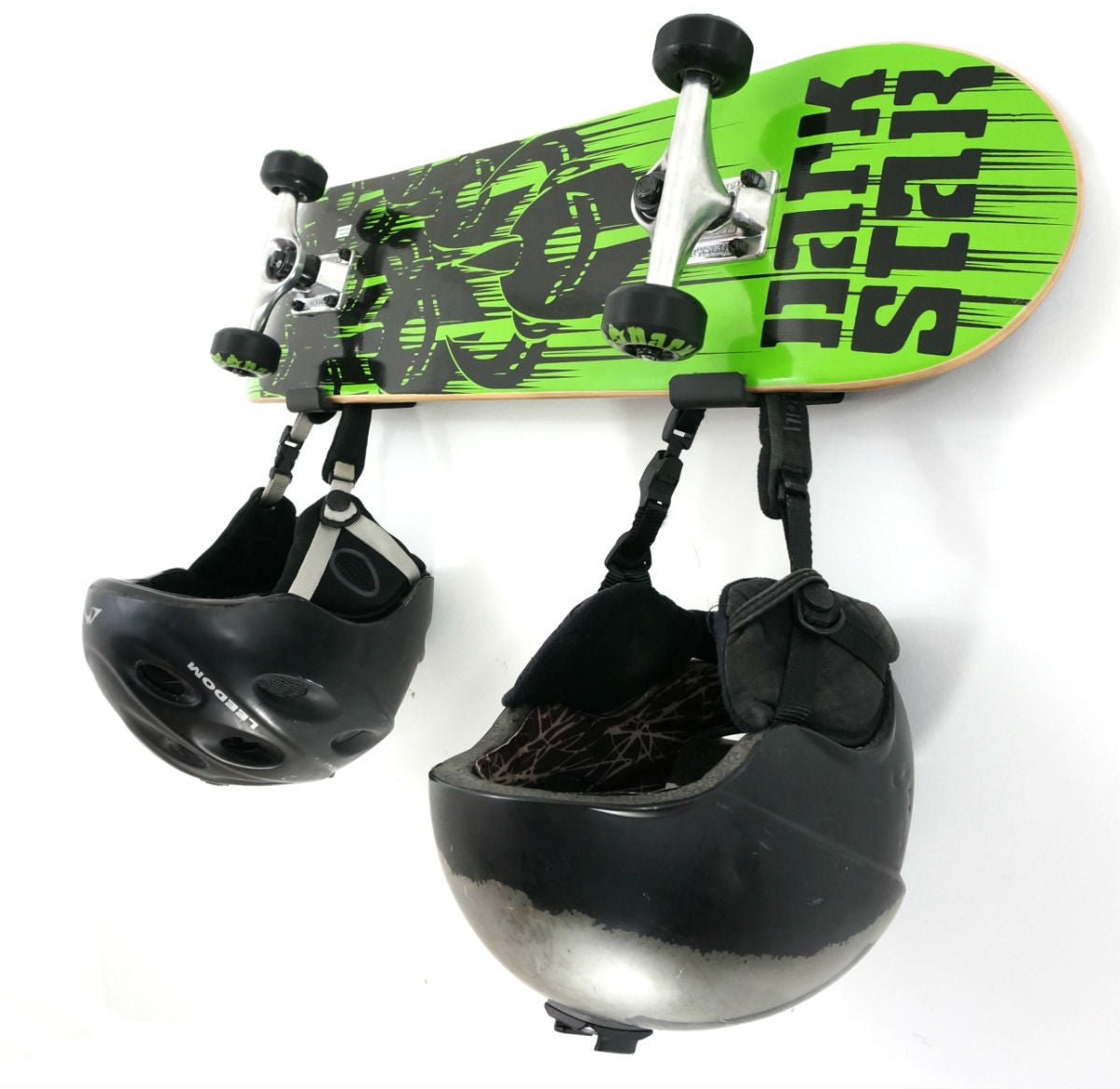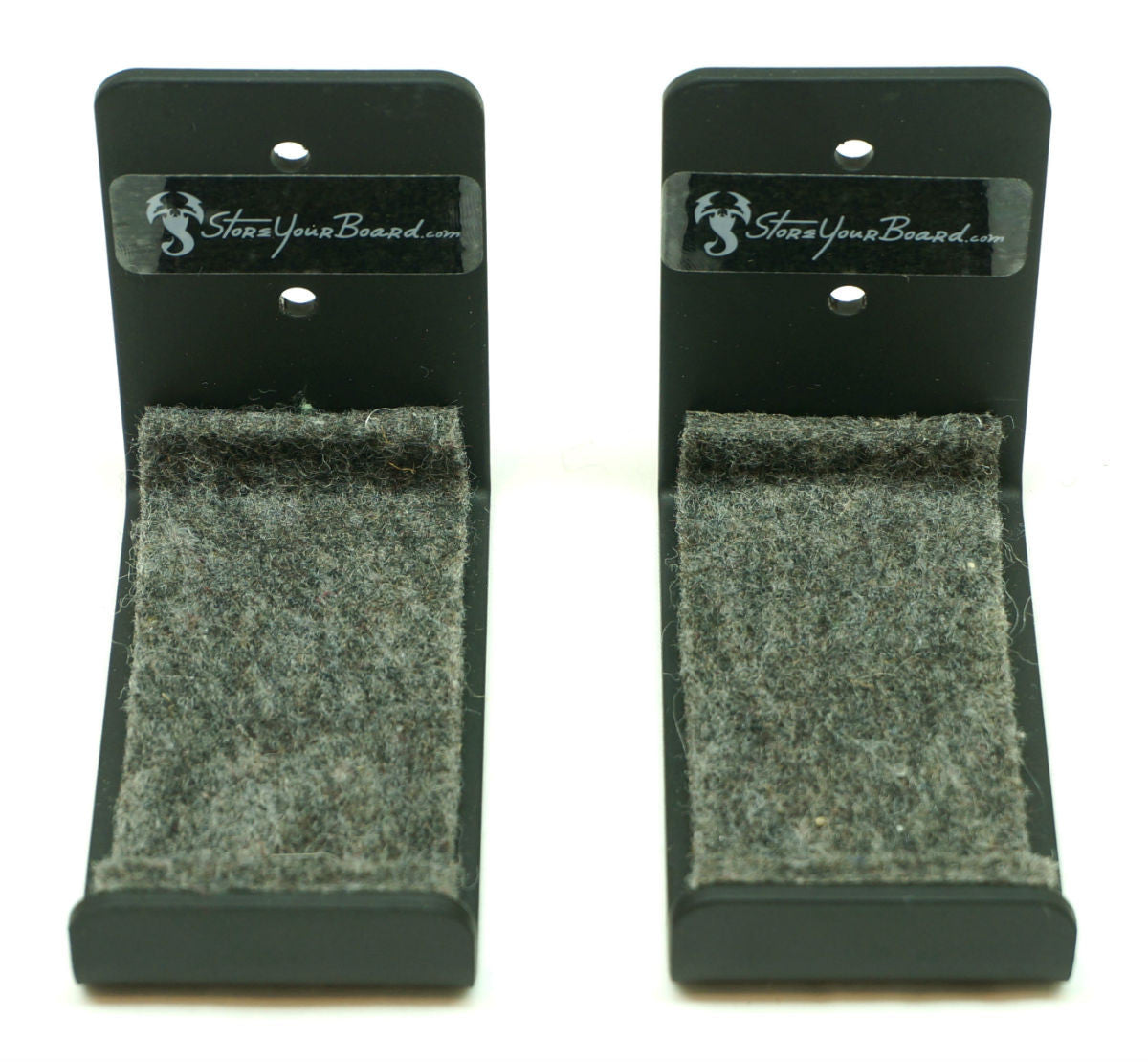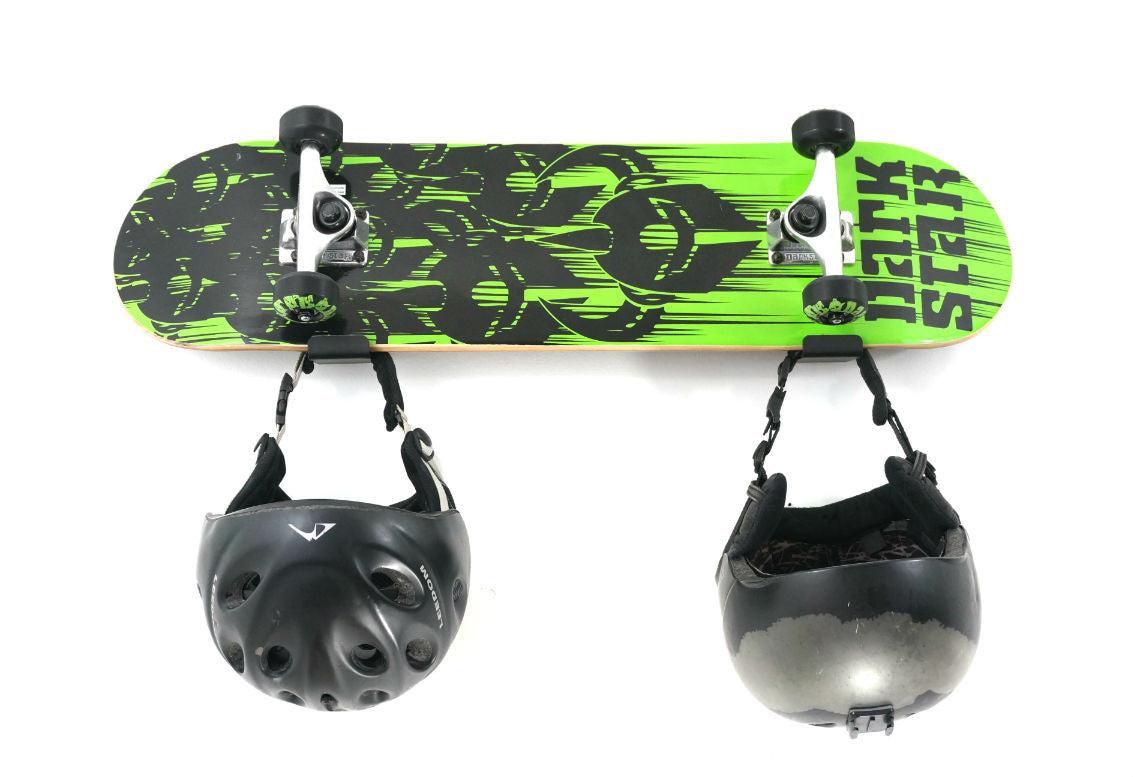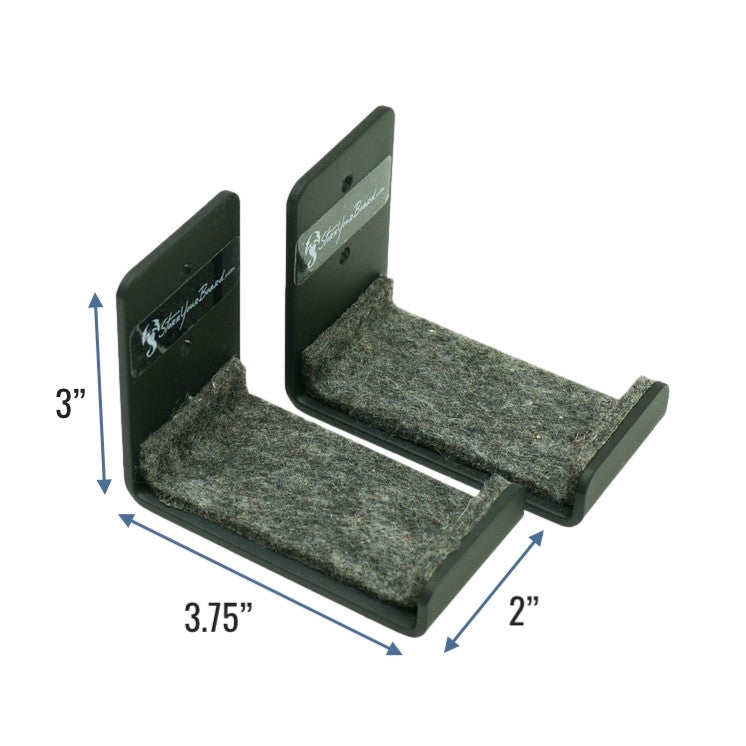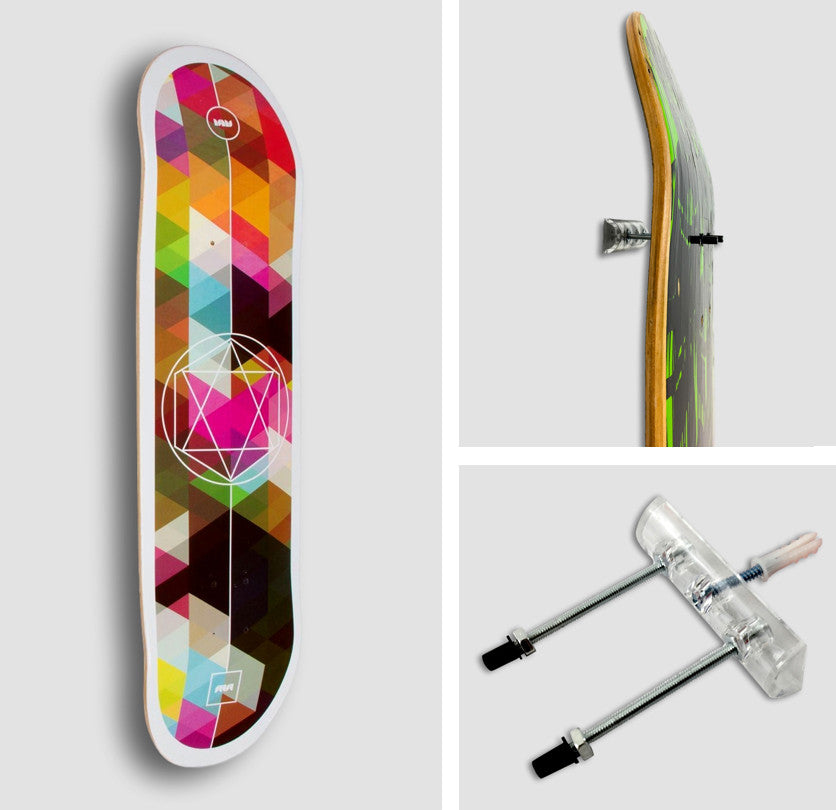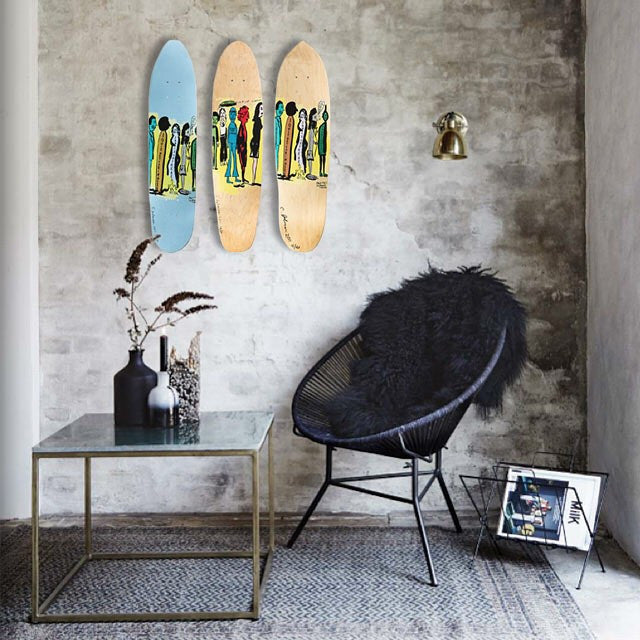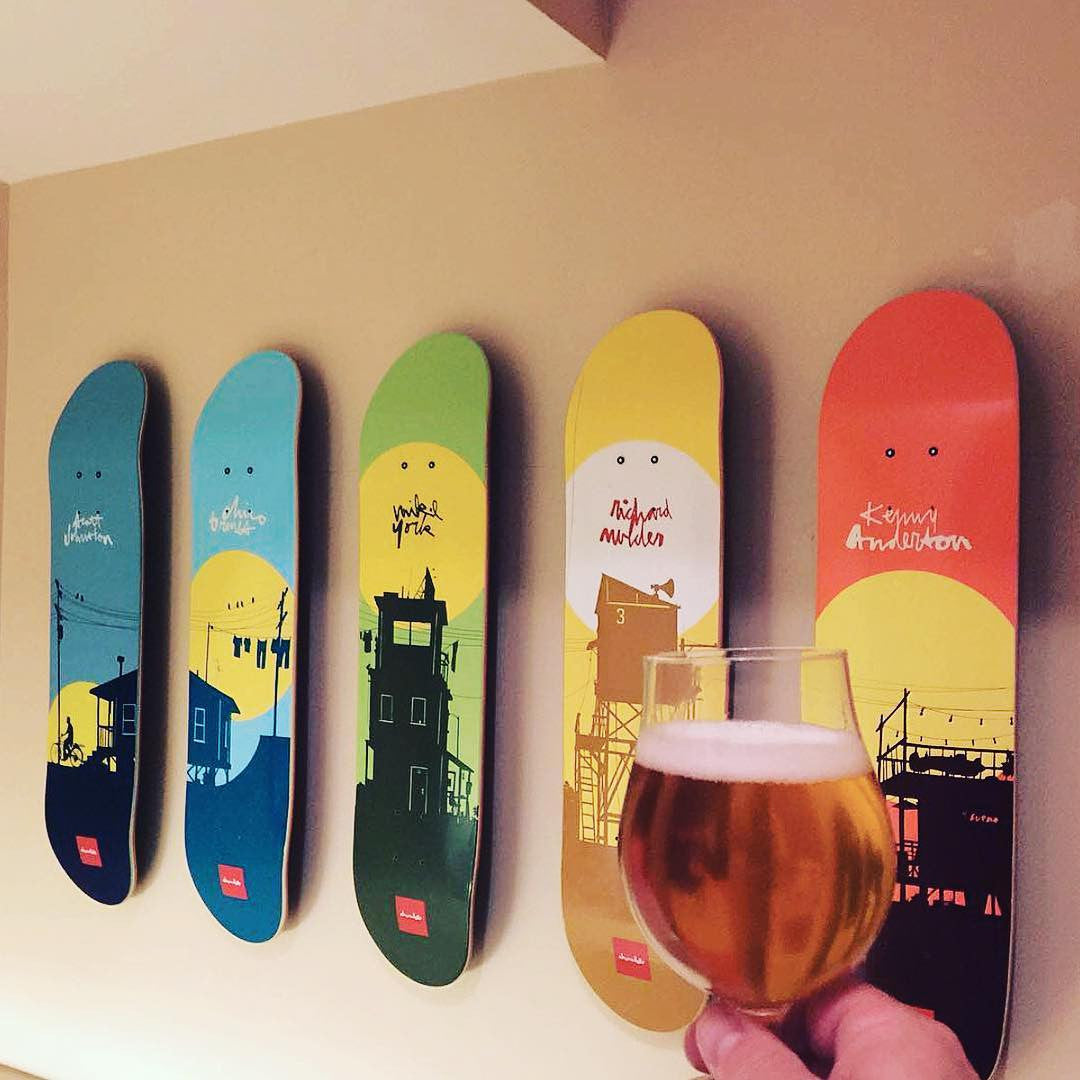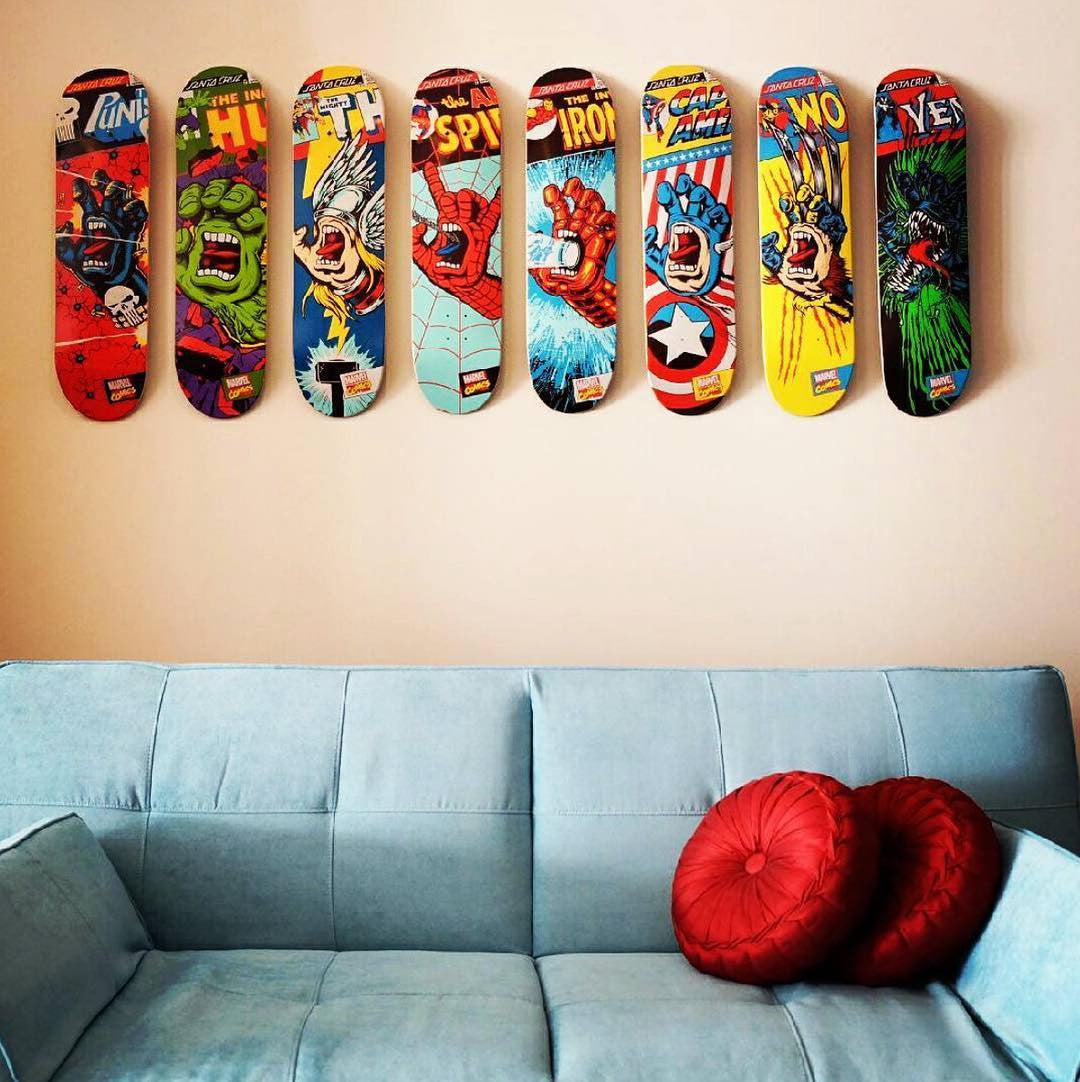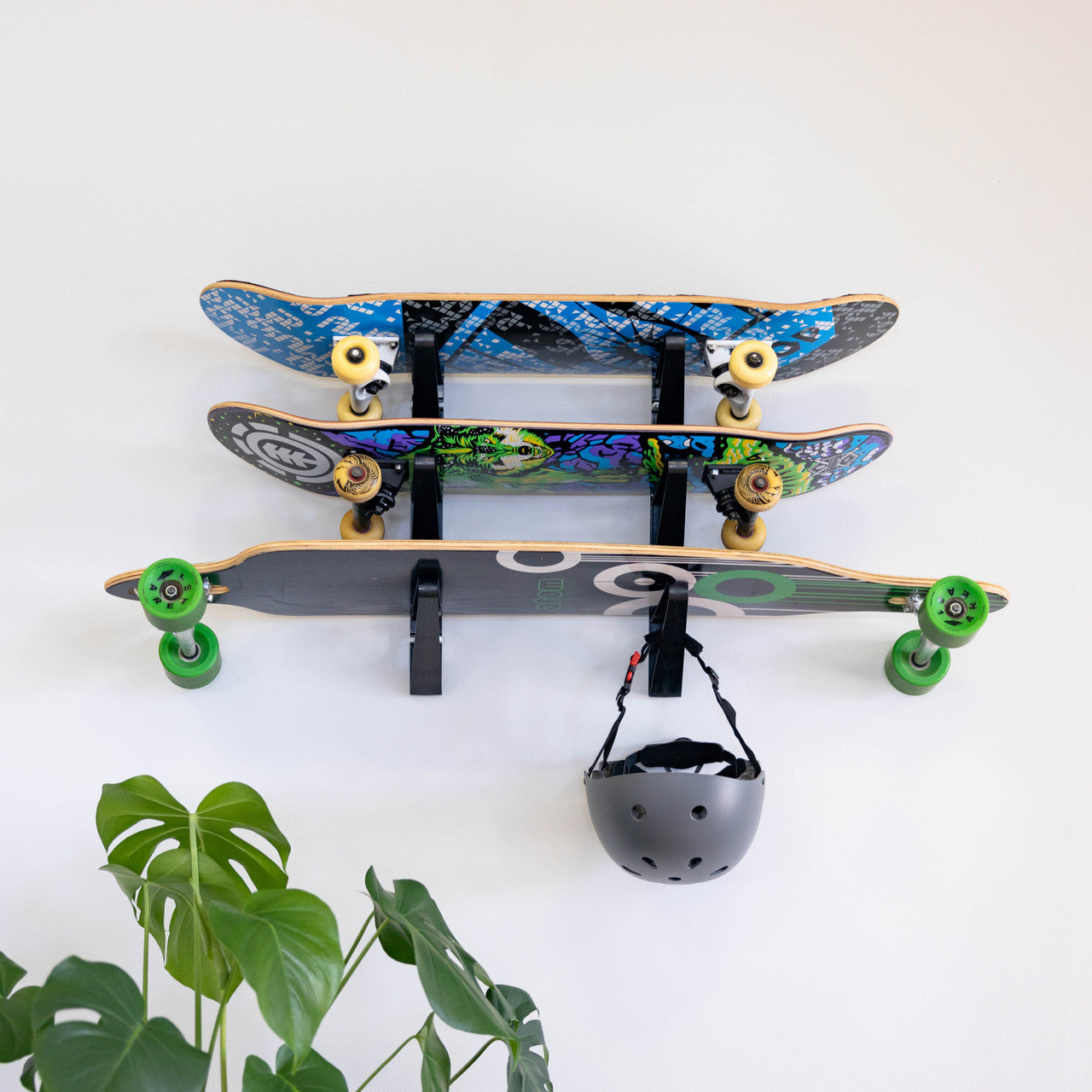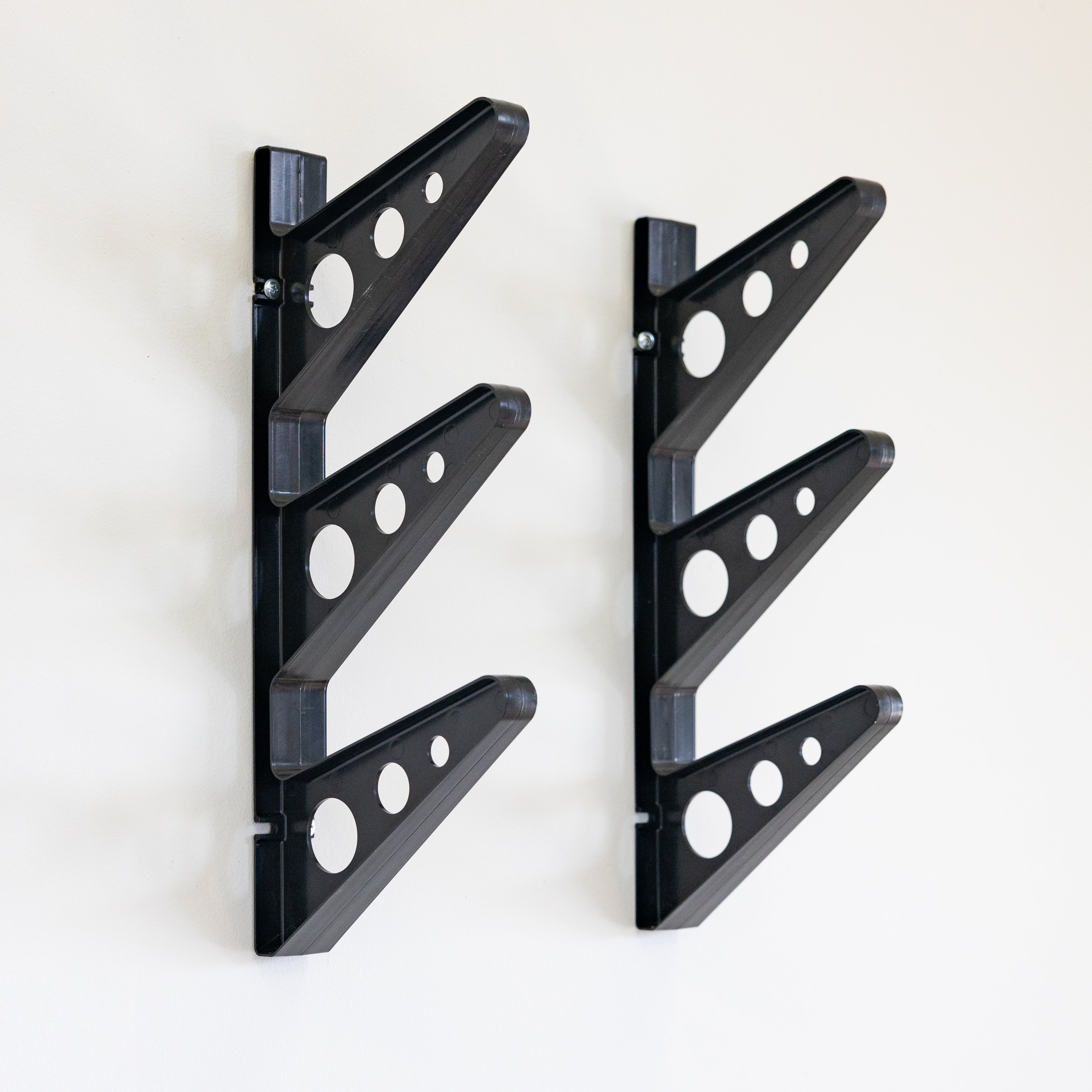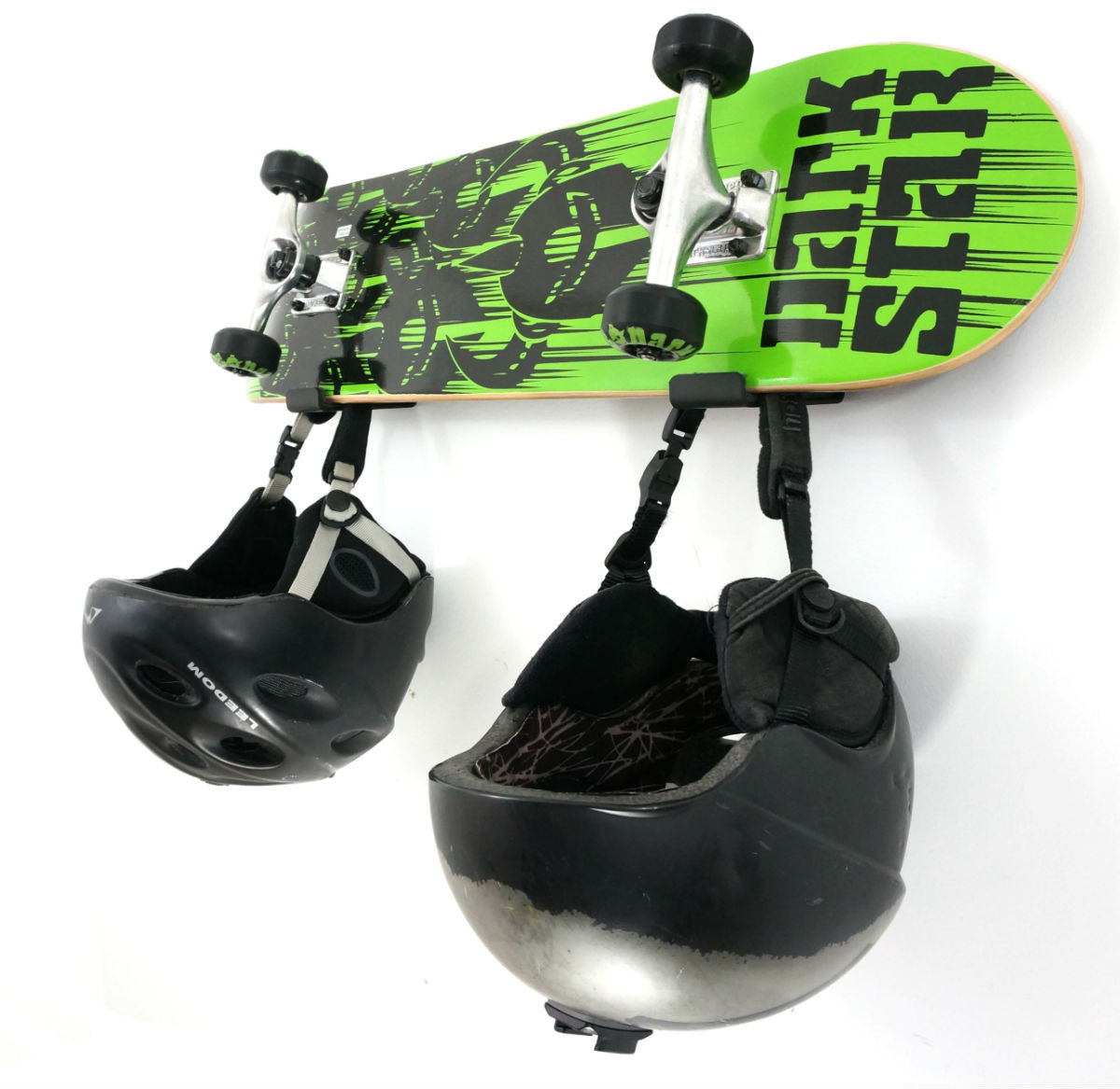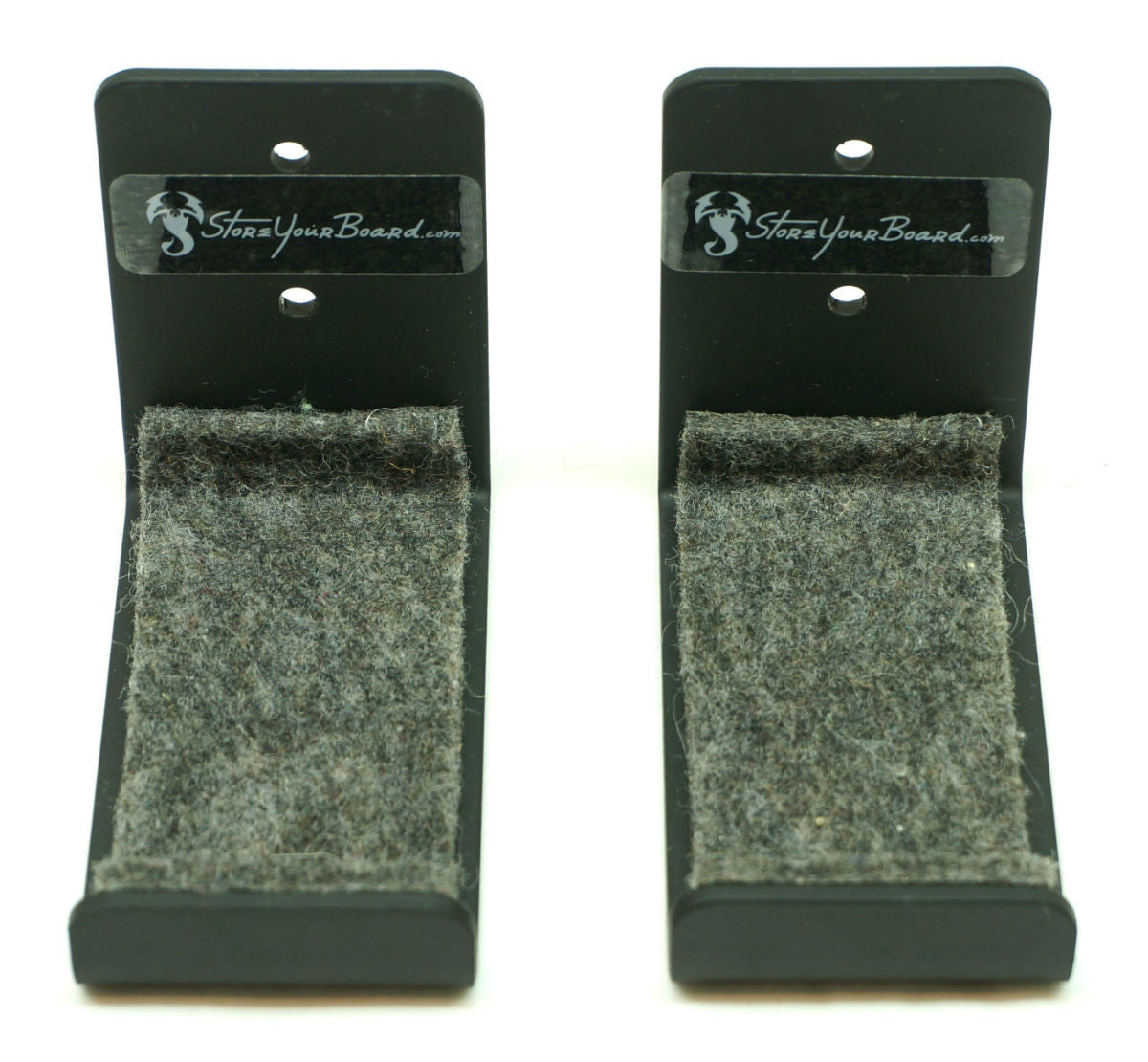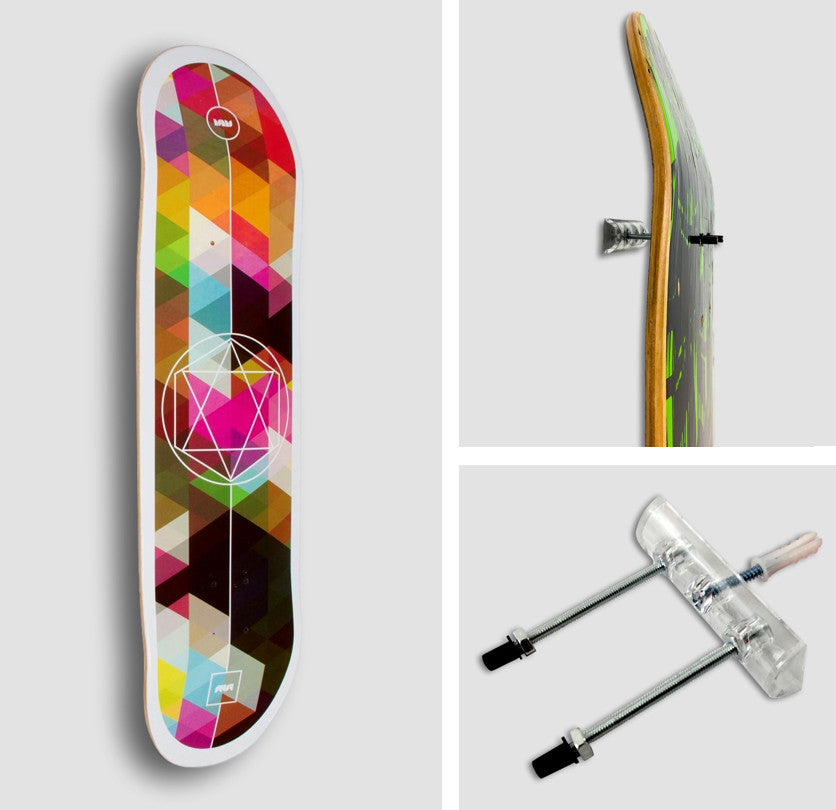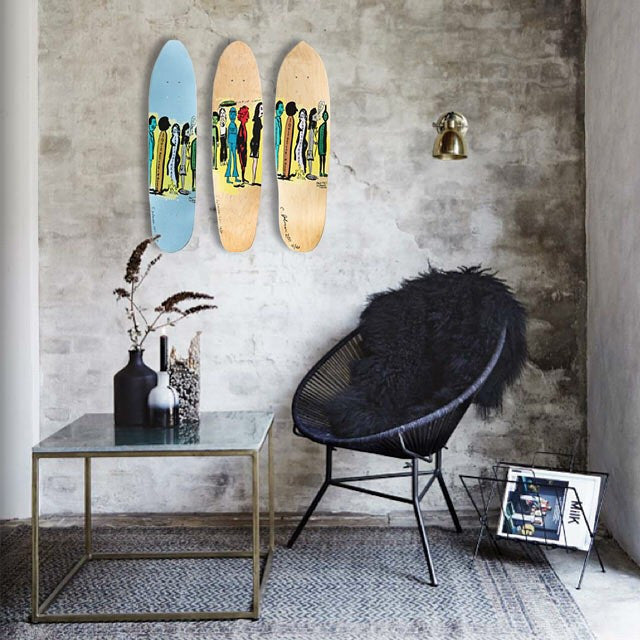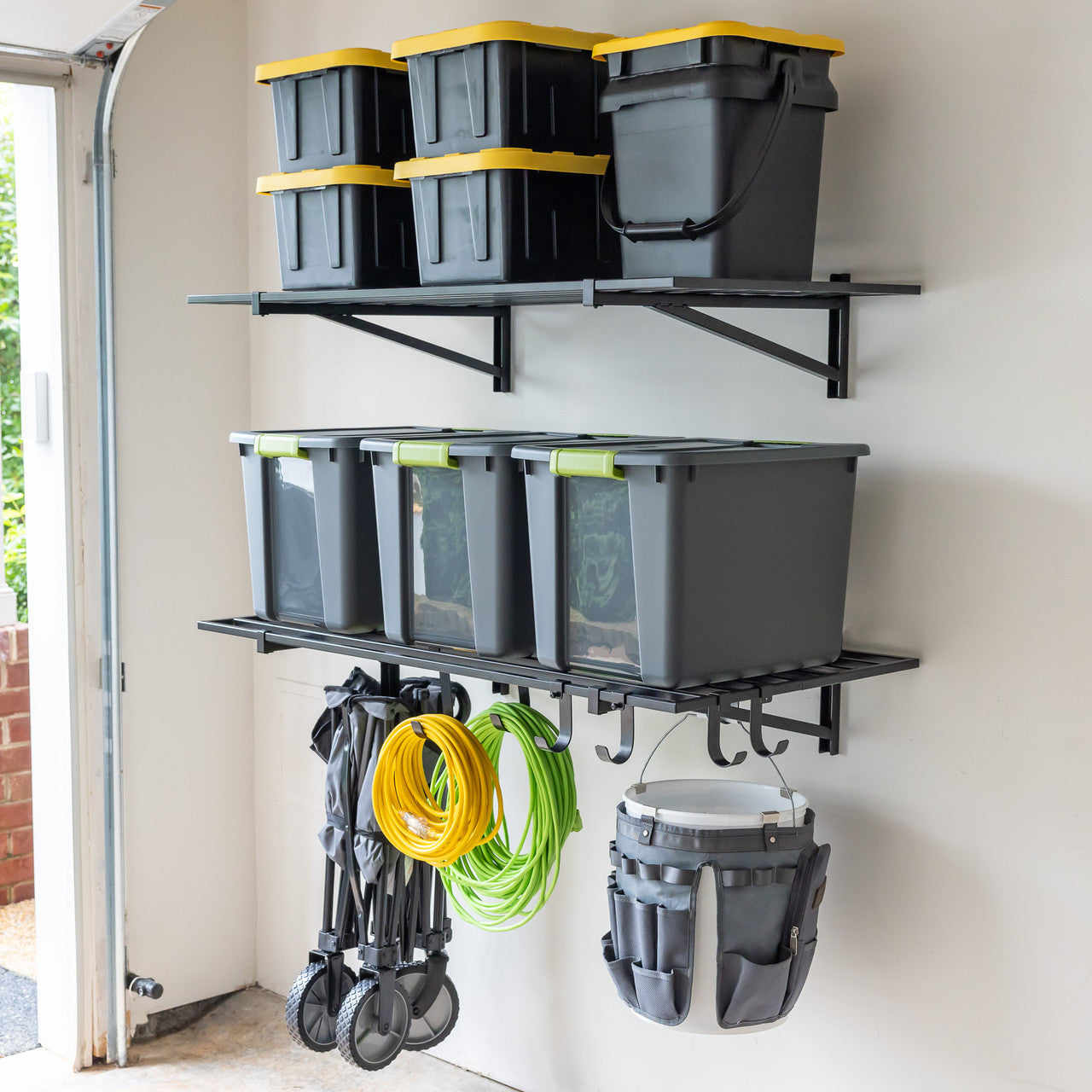If you’re into skateboarding, you’re obviously familiar with the standard short skateboard, but have you ever seen someone ride a longboard? Other than the difference in length, I bet you wonder how these two types of boards are different. Keep reading to learn the similarities and differences of the skateboard and the longboard.
A longboard is just a skateboard that’s much longer than usual, and used for longboarding (as opposed to skateboarding). Instead of street style skating using ramps and pipes, longboards are almost always used for downhill racing, getting from point a to point b, or cruising around town. Since longboards are heavier than a standard board, they are not ideal for doing any kind of tricks. Longboarding is compared to surfing, like “surfing on land” or “surfing on concrete”. The design of the longboard allows big turns and quick carves just like the surfers do.
Longboarding started becoming popular around the same time as surf culture back in the 1950’s. People say that longboarding started in southern California where riders enjoyed rolling hills and streets, but some believe longboarding started in Hawaii. This is still arguable today.
The equipment used for longboarding is nearly the same that is used for skateboarding. You’ll notice longboarders will wear gloves and a helmet at a minimum. Longboarders participating in downhill races will wear special gloves to protect their hands while maneuvering the board (this is done in a lying position). Of course wrist, knee, and elbow padding is always recommended, especially for a beginner.
Most longboards are 35-60 inches long. Shorter boards can still be called longboards if their main purpose is the same as longboarding (cruising, downhill racing, travel). Longboards come in all kinds of shapes such as: pintails, flat nose, and boards shaped like a longer shortboard. Pintails allow looser trucks and larger wheels to be installed for more of a smooth surfing feel.
Longboard wheels can be much larger than regular skateboard wheels. The size difference is because smaller wheels have to spin faster to maintain the same speed, so larger wheels create less friction for a faster and smoother ride. Smaller wheels sometimes have problems with sticks, rocks, and cracks in the street or sidewalk. The larger the wheel size, the less likely it will stop rolling, and more likely to just roll over the obstruction.
Other hardware such as trucks and bearings are exactly the same on a skateboard and a longboard. There are a few types of trucks specific to longboards, which make the boards easier to use for downhill racing. Two of these are called Randal R-I Downhill style trucks and Torsion trucks.
Many Longboarders as well as skateboarders like to build their own decks in order to get the exact board they want. Board builders have a variety of materials like fiberglass, bamboo, and even a foam core. If you’re thinking of building your own skateboard or longboard, everything can be purchased on the internet or local skateshop, including board building instructions.
Shop our skateboard collection for storage that shows off your short and longboards.


